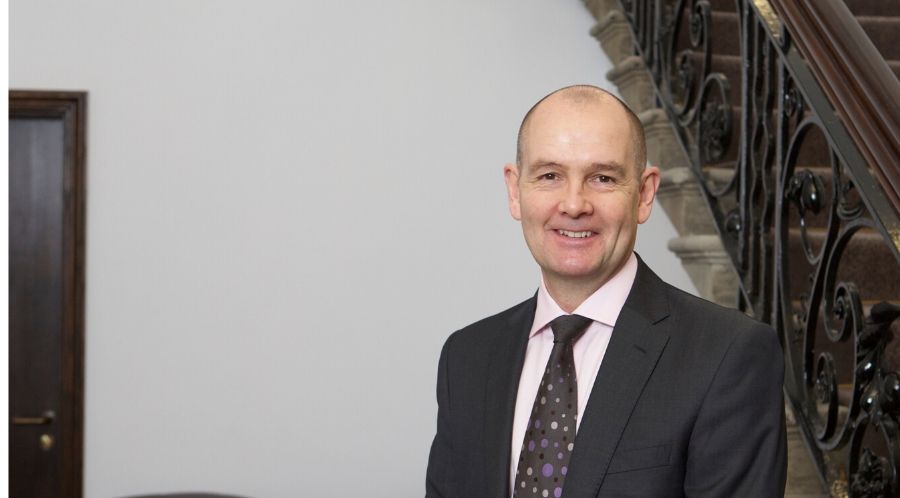Meet our Members: Steve Denton
Steve Denton, Chief Operating Officer and Registrar at Nottingham Trent University shares his experience of working within higher education.


What is your higher education history?
I studied Law at Lancaster University, following which I spent a year as an elected student union sabbatical officer. That was my first introduction to the wonderful world of how a university is led, governed and managed. I also met the University Grants Committee on one of their institutional visits, which shows my age.
Professionally, my first HE role was as University Secretary at Thames Valley University [now University of West London] and then Registrar and Secretary at Leeds Metropolitan [now Beckett] University. As Pro Director [Strategy and Organisation] at the Institute of Education, University of London, I led the merger with UCL, where I spent a few months post-merger. I then undertook consultancy roles for what is now Advance HE before joining Nottingham Trent in February 2016.
What does your current role and remit encompass?
I have responsibility for a wide range of professional services-finance, HR, estates and facilities, IT, registry, marketing, student services, governance.
My role is not to run those departments. I’m fortunate to have some great Directors; my role is to work with each of them to guide, support and act as a critical friend, but crucially to ensure my departments work effectively together to support the academic endeavour and the student experience.
What does a typical day look like for you in your role?
Early starter. Most days the VC and I find time to have a quick catch up and chat on any pressing issues, before a series of meetings-121s, programme/project boards, committees etc.
We have four campuses, so I try and make sure I spend some time at each on a regular basis. I like to find time just to walk around, chatting to colleagues. It’s a good way of finding out what’s on their minds and dealing with issues that may otherwise take many emails. Talking of which, I’m trying to confine dealing with email to first thing and last thing, but currently failing.
Whilst much of the day is planned and proactive, the nature of the role is that you have to deal with the unexpected -“stuff” happens-usually Friday afternoon.
What do you find most enjoyable and/or challenging in your role?
I enjoy the breadth and variety; every day I’m working with academic and professional services colleagues and student representatives to identify and solve challenges that will make life a bit better. Universities are people places-full of bright people with bright ideas.
I accept accountability, but I do get frustrated with tasks that don’t appear to add any benefit or value to the experience of students or colleagues.
What are the current challenges for your institution?
We are a popular university with increasing demand for what we do. The challenge is to make sure that we can meet that demand, whilst maintaining and enhancing the experience of our students, colleagues and partners. That said I also have a personal fear of complacency, so we are continually striving to improve what we do and how we do it, even if we are relatively successful.
What do you think are the biggest changes ahead for higher education?
I’ve given up speculating. If you remain focused on doing the things that you believe in, and doing them well, you’ll be in a pretty good position whatever the external changes.
Who has inspired you and why?
My mum and dad – I was the first in my family to go to university thanks to their support and sacrifice
I’ve been fortunate to work with some great Vice-Chancellors, so its invidious to single one out. However, Professor Sir William Taylor [Bill] taught me that you can be a decisive leader, take tough decisions, but do so with compassion and humility.
